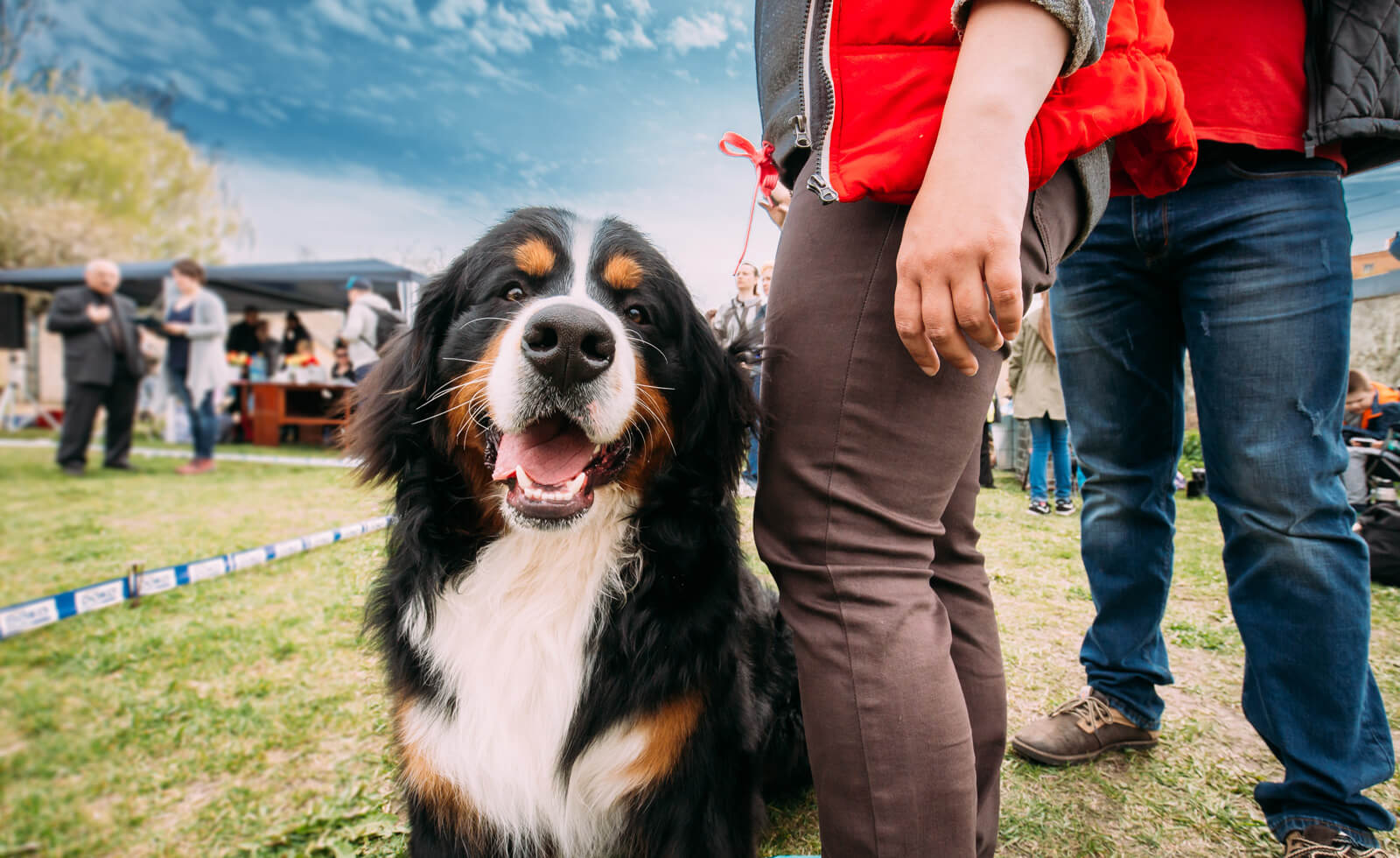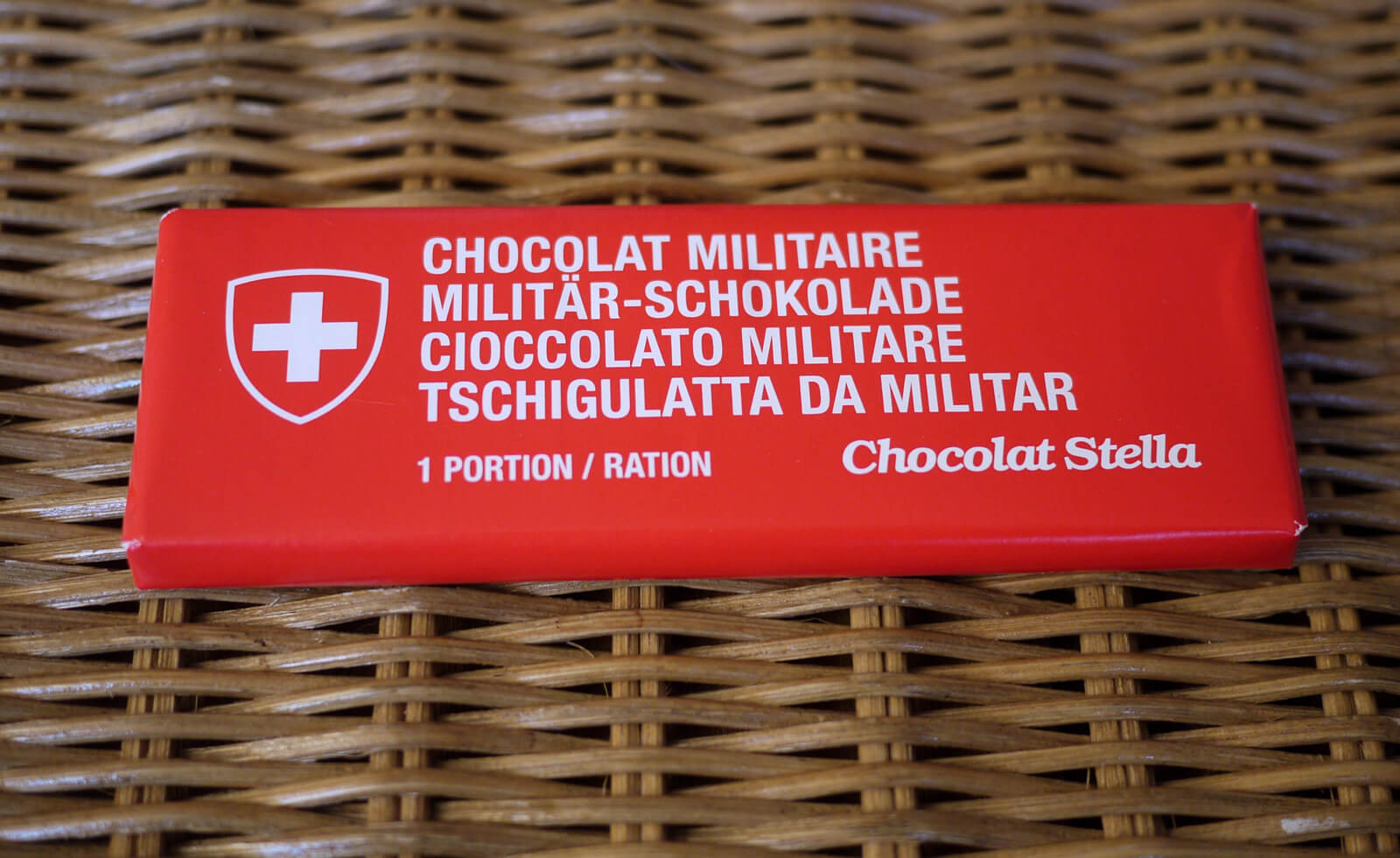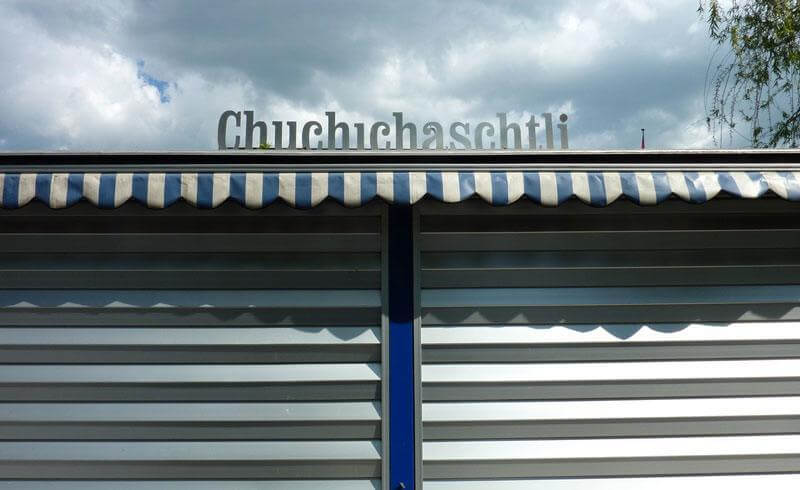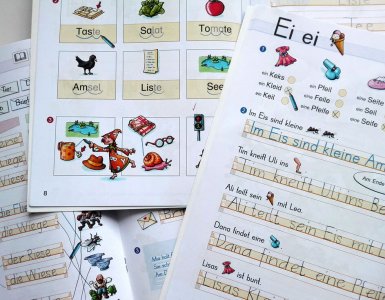
Looking to say hello in Swiss German? You’ll quickly notice that the people in Switzerland have a peculiar custom of greeting one another.
In fact, it is common even for strangers to greet each other: be it on the sidewalk, in the elevator, or as they pass each other on a hiking trail.
In fact, it is common even for strangers to greet each other: be it on the sidewalk, in the elevator, or as they pass each other on a hiking trail. A brief but friendly exchange is deeply embedded in Swiss culture, and it will help you to understanding the proper greetings when visiting Switzerland.
Ways to Say Hello in Swiss German
Saying hello in Swiss German varies depending on the situation and who you’re greeting. In a professional setting, you’ll use more formal greetings for your boss, while with friends, you can use more casual and relaxed expressions.
Grüezi
Hallo
Hoi
Sali/Salü
Tschau/Ciao
Guete Daag
Tag Wohl
Guete Morge/Guete Namittag/Guete Abig
Wie gaats?
Swiss Greeting Words and Phrases to Fit In
They are the first expressions you should memorize when traveling or settling in Switzerland. And the more you use these greetings in everyday life, the quicker they will become second nature.
One thing to be aware of is the formal and informal language in Switzerland. This applies especially to the Swiss German part which is impacted by the hierarchical culture of Germany.
In the English language, the pronoun “you” can be used universally. But in German or Swiss German, the difference between “Du” and “Sie” is more than one letter. The former is for family and friends, while the latter is for everyone else.
Formal and Informal Swiss German Greetings
Mastering how to say hello in Swiss German requires an understanding that greetings change based on social context and formality level.
For instance, you’ll use more respectful expressions when addressing your boss or elderly people. Yet while interacting with friends, you can use a casual, warm greeting.
Ja, it is crucial to use the correct level of politeness in Swiss German!
Whenever you meet a person who is senior to you, a boss or a teacher, you would use a polite greeting such as “Grüezi” (pronounced “GROO-eh-tsee”), which is more formal.
This also applies to people you have not met before, such as storekeepers or civil servants. Only once the older person introduces themselves with their first name you are allowed to address them informally.
“Grüezi” works any time of the day – even when picking up a phone call. It is a short form of “Gott grüez i”, which means as much as “may God greet you.”
When it comes to friends, an informal “Hoi”, “Sali” or “Ciao” plus the name is the way to go! For instance, “Sali Birgit” or “Hoi Manfred.”
Time-Specific Swiss German Greetings
Swiss German, like many languages, has specific greetings for different times of the day:
- Morning: “Guete Morge” (Good morning)
- Afternoon: “Guete Tag” (Good day)
- Evening: “Guete Abig” (Good evening)
- Night: “Guet Nacht” (Good night)
How to Pronounce Greetings in Swiss German
As for the pronunciation of Swiss German, make sure to pronounce all the vowels in each word. So, in a word such as “Grüezi”, pronounce the “ü” and the “e” as distinct syllables.
Grüezi is pronounced as grew-tsee.
Common Greetings for Swiss German Cantons:
| Swiss German | English | Formality | Geography |
|---|---|---|---|
| Griezi | Hello | formal | Basel |
| Grüessech [ˈɡ̊ryə̯sːəɣ̊] | Hello | formal | Bern, Solothurn |
| Grüezi [ˈɡ̊ryə̯t͡sɪ] | Hello | formal, singular | Central/eastern Switzerland |
| Grüezi mitenand | Hello | formal, plural | Central/eastern Switzerland |
| Hoi | Hi | informal | |
| Salü | Hi | informal | Bern |
| Sali | Hi | informal | Aargau, Zürich |
| Tschau | Hi | informal | Aargau, Zürich |
| Tschou | Hi | informal | Bern, Solothurn |
| Hallo | Hi | formal/informal | |
| Guete Morge | Good morning | formal/informal | |
| Guete Daag | Greetings | formal/informal | Basel, Solothurn, Fribourg, Valais |
| Guete Tag | Greetings | formal/informal | Central/eastern Switzerland |
| Tag wohl | Greetings | formal/informal | Valais |
| Guete Namitag | Good afternoon | formal/informal | Central/eastern Switzerland |
| Guete Abig | Good evening | formal/informal | Central/eastern Switzerland |
As a Swiss German speaker from Zurich, my favorite other dialect greeting is Tag Wohl. It is the default greeting in canton Valais.
There’s a song about Swiss greetings:
“Ja Grüezi wohl, Frau Stirnimaa!”
How About Other Greetings in Switzerland?
With Switzerland having four official languages, greetings outside of the Swiss German part of the country are different.
In the Italian-speaking part of Switzerland, a commonly used greeting is “buon giorno.” And in the French-speaking part, the way of greeting is “bonjour.” Things get a bit more complex when it comes to Romansh, as there are five different dialects. The most common phrases to greet others are “allegra” and “bun di.”
The sheer linguistic diversity of Switzerland leads to intriguing cultural exchanges, as seen in the Swiss German greeting Salü. It borrows from the French Salut. Despite their identical pronunciation, the difference lies in their spelling.
When addressing a group in an informal setting, Swiss German speakers like myself often use Salü zäme – mix of French and down-to-earth Swiss German.






